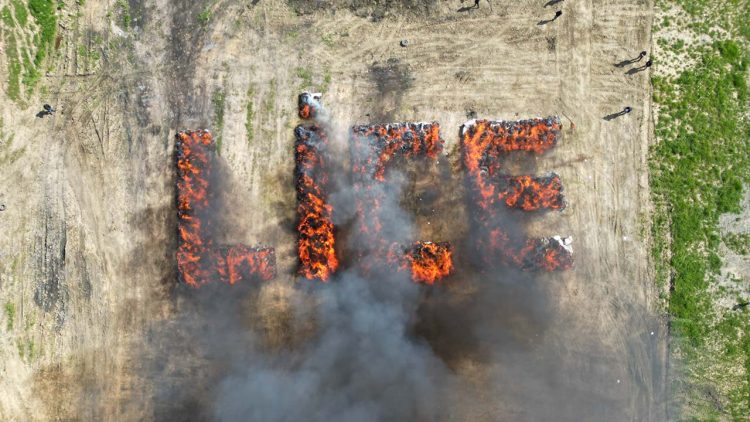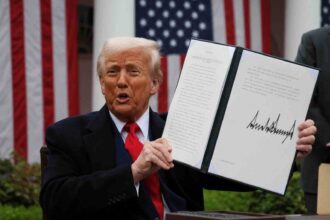A New York federal judge ruled Tuesday that the Trump administration improperly invoked the Alien Enemies Act (AEA) to deport suspected members of Venezuela’s Tren de Aragua gang. This marks the second judicial rebuke of the administration’s controversial use of the 18th-century law.
U.S. District Judge Alvin Hellerstein issued a preliminary injunction for two plaintiffs, identified only as GFF and JGO, who had been detained and transferred back to New York from Texas. The two were removed from flights to El Salvador under allegations of alignment with the Tren de Aragua, a Venezuelan gang described by the administration as a “hybrid criminal state.”
In his ruling, Hellerstein highlighted that the plaintiffs were given no notice of their alleged involvement with the gang or evidence of their actions in the United States or abroad. This lack of due process, he said, contravened both the Alien Enemies Act and constitutional guarantees.
The decision follows a similar case in Texas last week, where a Trump-appointed judge permanently blocked the administration from deporting Venezuelans under the AEA in the Southern District of Texas. The judge ruled that the administration’s interpretation of the AEA “exceeded the scope” of the law.
The Alien Enemies Act, first enacted in the 18th century, grants the president authority to remove noncitizens during wartime without extensive judicial oversight. However, its application has faced growing scrutiny as courts question its compatibility with modern due process standards.
Hellerstein’s opinion criticized the administration’s claims that Tren de Aragua represented a “war,” “invasion,” or “predatory incursion” into the United States, stating that these predicates for invoking the AEA were unfounded.
Last month, the U.S. Supreme Court weighed in on the administration’s use of the AEA. In a narrow 5-4 decision, the court lifted an injunction that had paused AEA-related deportations. However, it mandated that detainees must be allowed to challenge their removal in the district where they were detained.
Judge Hellerstein’s ruling underscores ongoing legal challenges to the AEA’s modern application. He emphasized that deportations under the act require clear evidence and adherence to constitutional due process standards.
A hearing in the case is scheduled for May 21, signaling continued judicial review of the Trump administration’s interpretation of the AEA.
Also Read: Trump Rules Out Third Term: ‘I’ll be an eight-year President’








